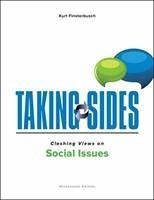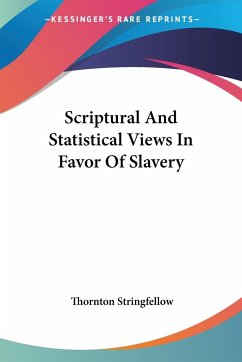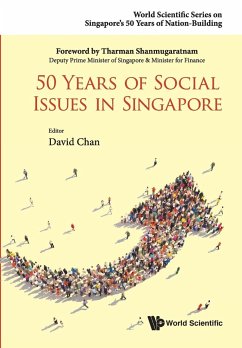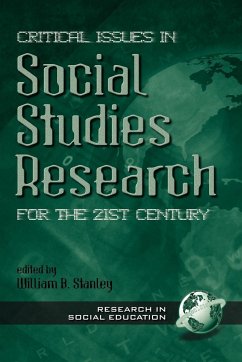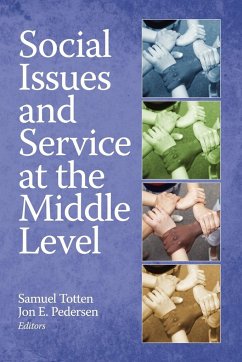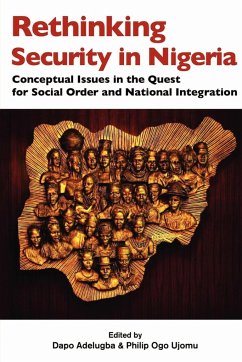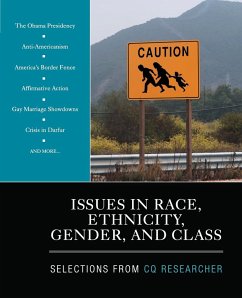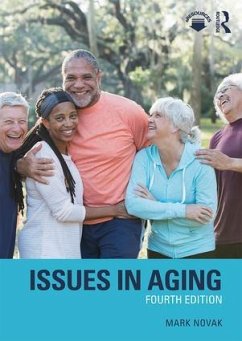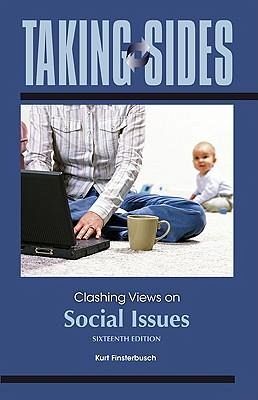
Clashing Views on Social Issues
Versandkostenfrei!
Versandfertig in über 4 Wochen
56,99 €
inkl. MwSt.

PAYBACK Punkte
28 °P sammeln!
Taking Sides volumes present current controversial issues in a debate-style format designed to stimulate student interest and develop critical thinking skills. Each issue is thoughtfully framed with an issue summary, an issue introduction, and a postscript or challenge questions. Taking Sides readers feature an annotated listing of selected World Wide Web sites. An online Instructor's Resource Guide with testing material is available for each volume. Using Taking Sides in the Classroom is also an excellent instructor resource. Visit www.mhhe.com/takingsides for more details.



